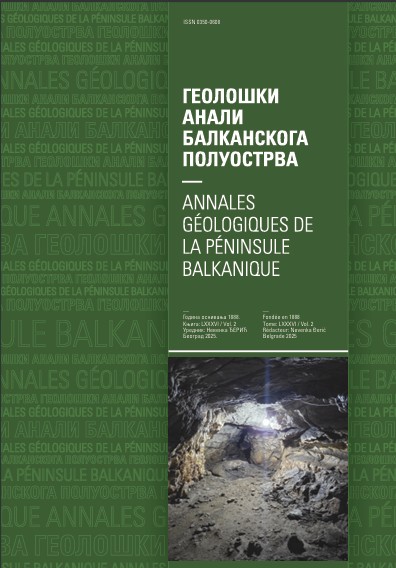Impact of river bank filtration on alluvial groundwater quality: a case study of the Velika Morava River in central Serbia
Abstract
Alluvial aquifers are preferred sites for drinking water production. Riverbed sediments and saturated alluvial sediments have great potential for groundwater purification which is essential for preserving the stability of the groundwater quality. Conducted research in the area of groundwater source Brzan in central Serbia showed that intergranular aquifer has potential not only to purify polluted surface water but also to enrich water quality. Main aquifer recharge is infiltration of surface water from the Velika Morava River. The quality of surface water is very variable, especially for some components such as turbidity, conductivity, KMnO4 consumption, and iron, chloride and nitrates content. On the other hand, the quality of groundwater is characterised with minimal oscillation particularly regarding mentioned components. Based on numerous results on surface and groundwater quality we can conclude that water from the groundwater source Brzan is with good quality and can be used for drinking consumption with minimal treatment despite the fact that aquifer is in strong hydraulic connection with the Velika Morava River. Improvement of water quality is result manly of water filtration through river bad sediments and aquifer body.
Copyright (c) 2022 Geološki anali Balkanskoga poluostrva

This work is licensed under a Creative Commons Attribution 4.0 International License.










